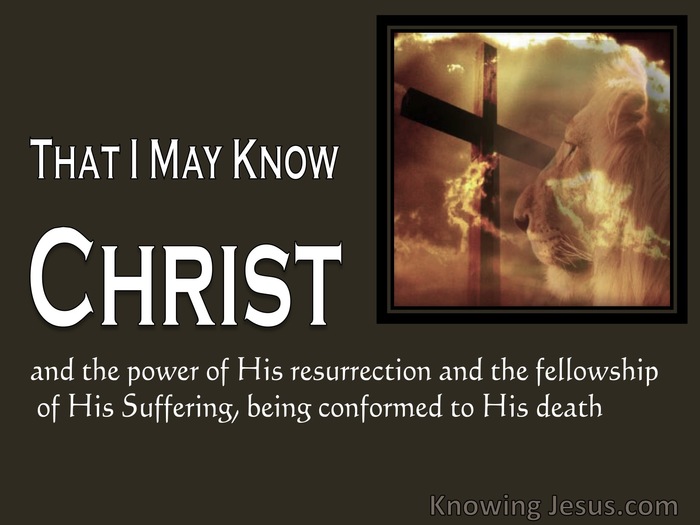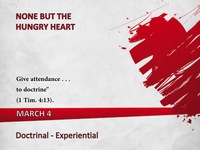◄ That I May Know Him ►

And though I have the gift of prophecy, and understand all mysteries and all knowledge, and though I have all faith, so that I could remove mountains, but have not love, I am nothing… Whether there is knowledge, it will vanish away. But when that which is perfect has come, then that which is in part will be done away.
1 Corinthians 13:2,9-10And beginning at Moses and all the Prophets, Jesus expounded to them in all the Scriptures, the things concerning Himself.
Luke 24:27
Lessons of Youth
At twenty-one years of age, my son discovered the beauty of Leviticus! Mum, he said excitedly down the phone: it all points to Jesus! His heart cry over time has grown to echo that of Paul: that I may know Him. Gal.2:20. Lessons we learn in our youth mature over time as we grow older. Glorious petals wither and fall and sweet perfume fails and fades. Blossoms of discovery shrivel-away as ripening fruit replaces them and matures.
Lessons of Life
The artists outlined sketch on the canvas is not destroyed by the oil or paint. His initial light tracings remain, as the painting develops to its fullness. The original sketching unfolds until each feature glows rich with glorious fullness. No knowledge or experience is lost to the heavenly Weaver, Who skilfully blends heartaches and joys into each life’s canvas. Paul the angry young man with blood-stains on his hands, used that same hand to pen the precious words: the greatest of all is love.
Lessons of Discoveries
Our Christian life is a life of discoveries, each building on the prior base. Initially, we set out to take the world by storm. It is normal and healthy to begin our Christian life victoriously. But as we mature, God gives us a practical revelation of the sinfulness of self. Our hatred of self is actually developed and strengthened, through the miserable years of slavery to self.
Wise Words
C.A Cotes puts it this way:- “Many of us have probably known what it was to rejoice in the grace of God without having apprehended very much the true character of the flesh. It has often been noticed that where there is the greatest exuberance of joy in young converts, there is often a levity that fails to take into account that the flesh is unchanged. In such cases the grace of God is taken up in a self-confident way; there is very little self-distrust or sense of weakness and dependence upon Him. And the inevitable consequence is a fall, or a succession of falls, that gradually brings home to the consciences of believers their utter weakness and incapacity in the flesh.”
More Wisdom
Evan Hopkins puts it this way:- How infinite are the forms in which self appears. Some are preoccupied with good self and they pride themselves on their excellencies. Others are just as much occupied with the bad self. They are forever groaning over their imperfections, and struggling with the flesh, as if they hoped in time to improve it. When shall we be convinced that the flesh is so utterly bad that it is beyond all recovery? Our experience, upward, in the power of God, is just in proportion to our experience, downward, in ceasing from self.
Damascus and Emmaus
The carnality of self is thus revealed so we may grow into maturity of Christ, but in the believers’ infant years we know little or nothing about self, and little enough about the Lord Jesus Himself. But we all eventually walk the road to Damascus and remain in the wilderness for what seems like an eternity, before trudging the road to Emmaus.
A Living Sacrifice
The price of rebirth is His death for us. The cost of growth is our death in Him. It was right at the end of Paul’s life that he cried out :- that I may know Christ. Paul’s was a heart that was continuously being broken and crushed for His Saviour.. a man whose earthly ministry was expressed in sacrifice for others… a man whose self-life and pride was being ground to powder – a life that cried in the end, that I may know Him.
Servant of Christ
The man who had sat at the feet of Gamaliel the great teacher.. the man who was a Hebrew of the Hebrews, whose knowledge surpassed all others – a man who concerning the righteousness (which is of the law) was blameless… this man of great intellect, knowledge, zeal, and ability cried in his final years when he realized Who was the common denominator: that I may know Him and the power of His resurrection, and the fellowship of His sufferings, being conformed to His death – that I may know HIM.

Never miss a post








